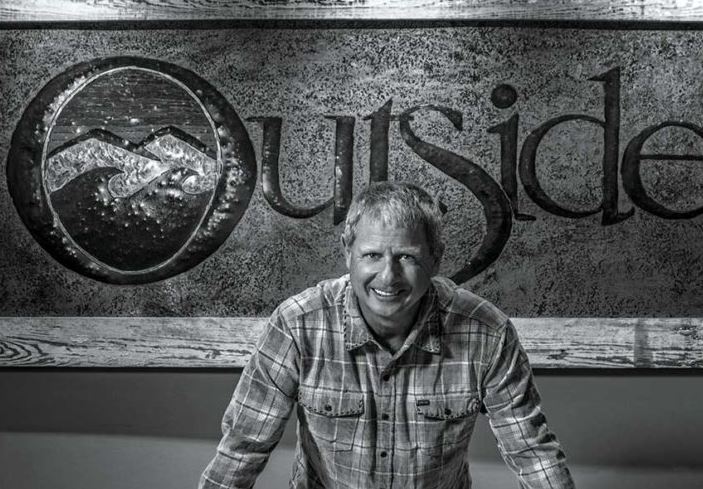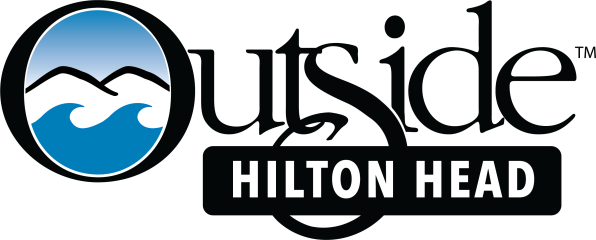What Makes it Local?

Everything revolves around the tides.
On a record cold February evening in the late 1970s, as a student at the University of Vermont, my path crossed with a visitor who lived on an island off of the coast of South Carolina. He described the beauty of the place, how his small business was booming, and expressed his wish to open a windsurfing school. Since I knew how to windsurf and a warm island sounded pretty enticing in negative-30-degree weather, by midnight, we’d decided to go into business together.
When the semester ended in May, I loaded six windsurfers and a handful each of excitement and anxiety into my car and ventured into unknown territory, having never traveled south of my Washington D.C. hometown. By the time I hit Coosawhatchie, it was pitch-black, without a single light between I-95 and the open drawbridge onto Hilton Head.
After waiting for the bridge to re-open, I followed my new business partner’s directions to the only traffic light on the island and found his condo in Shipyard. He greeted me at the door with a beer and some news. He’d decided to move to Vermont to live with his girlfriend. “But don’t worry,” he reassured, “I will introduce you to everybody.” We went out that night and indeed met “everybody!”
The following week, I booked my first customer, taking him to the Beach Club to introduce him to the sport of windsurfing. He had a horrible time – cut his knees, got stung by a jellyfish and requested a full refund. I was devastated, but went back to the drawing board, did some research, and found out that the No. 1 key to success for a windsurfing school was location, location, location. This meant somewhere with flat, safe water and consistent winds, and my hunt was on.
Eventually, someone recommended that if I wanted great advice on opening a business on Hilton Head, I should speak with Charles Fraser. After a few weeks, I was able to secure a 10-minute appointment with Mr. Fraser. Ten minutes turned into seven hours. He took me all over Sea Pines Plantation, to lunch, to the marsh, and for a sail on his boat, The Compass Rose. At the end of the day, he gave me advice that has guided my experiences, my business, and my life on Hilton Head Island ever since.
“If you wish to be successful with your goals, you must understand that everything in the Lowcountry revolves around one thing – the tides. All of our history, all of our culture, all of our nature, all of our literature revolves and evolves around the tides. If you truly understand this, and if you can connect people to the tides and to the phenomena of this place where man discovers the shore, you will be successful.”
The following week, he set me up with a card table in the back of the South Beach General Store from which to sell windsurfing lessons.
Now, almost 40 years later, I look back on these words and reflect on how appropriate they are to being a local.
From the Native Americans who floated the tides in dugout canoes as they hunted and gathered, to European settlers who were attracted to the large tidal sounds that their galleons could navigate, to planters and farmers who leveraged the tides with rice dikes and cotton and indigo fields, to the Gullah people who made a living harvesting our bounty of seafood, to modern development where homes are situated to take advantage of sea breezes. Throughout history, tides influence how people have moved around and lived on our island.
Much of my time is now spent being a proponent of our island to corporate groups seeking a place to meet. I explain to them that we have great golf, great food, great meeting spaces, great beaches, great hotels, but those things are not what our island is about. People choose to visit Hilton Head to get connected to the tides, as so many have before.
Written by:
Mike Overton
CEO
Redistributed from LocalLife.
